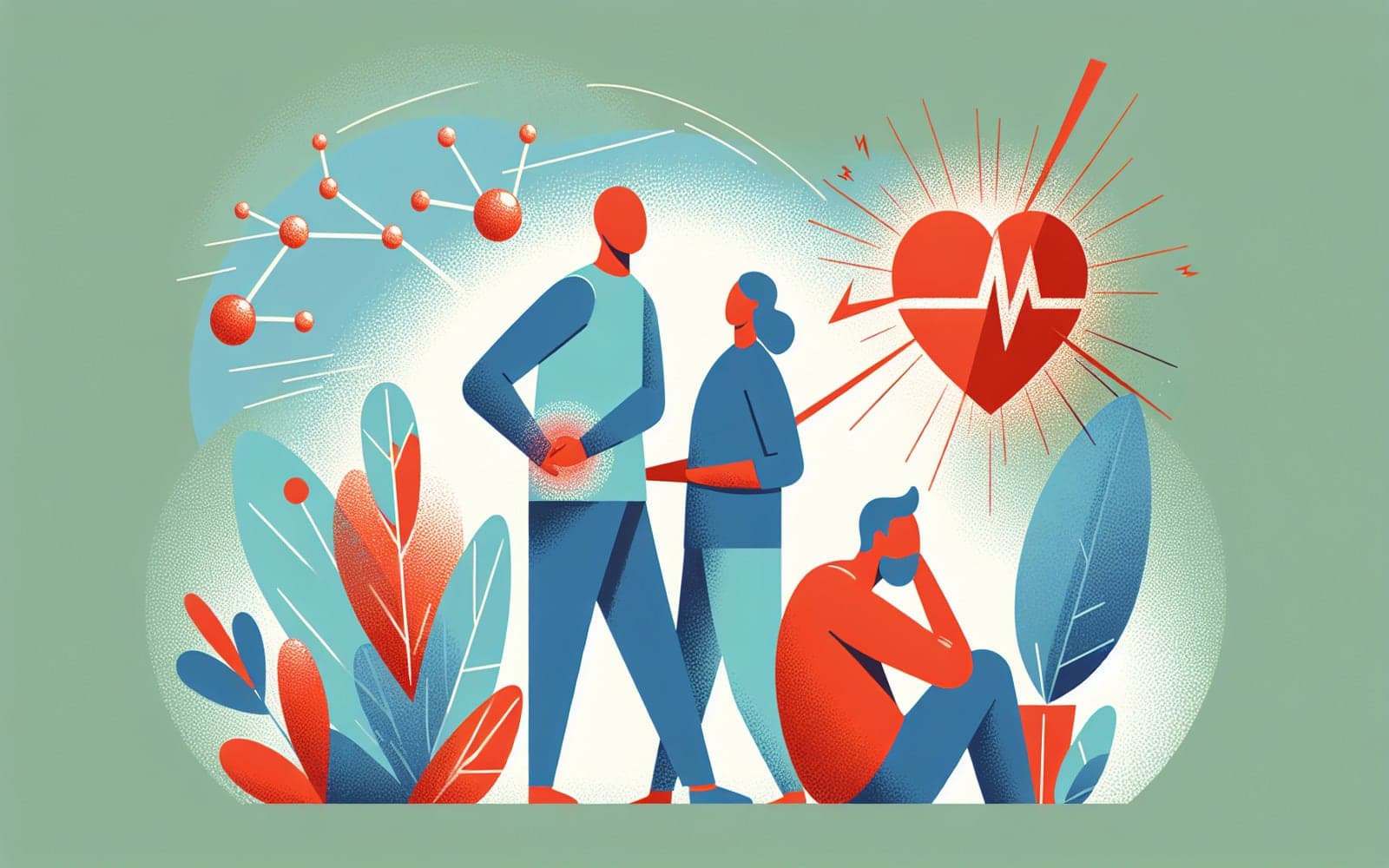What Causes Acute Scrotal Pain in Adults?
Published: Apr 25, 2024
Acute scrotal pain can be alarming and requires immediate attention to identify the cause and appropriate treatment. This article explores the major causes and their implications.
Contents
Understanding Acute Scrotal Pain
Acute scrotal pain is sudden and severe pain that can develop over minutes to two days. It can stem from conditions like testicular torsion, perineal necrotizing fasciitis, or acute epididymitis. Identifying the cause quickly is crucial, as some conditions require immediate surgical intervention.
Key Causes to Consider
Testicular torsion involves the twisting of the spermatic cord, leading to reduced blood flow and potential testicular damage. Perineal necrotizing fasciitis, also known as Fournier's gangrene, is a severe infection that requires prompt surgical attention. Acute epididymitis, typically caused by infection, leads to inflammation and pain in the epididymis.

Diagnostic Approaches
Initial evaluation should focus on identifying urgent conditions like testicular torsion and necrotizing fasciitis. Ultrasound is a key diagnostic tool, especially for torsion, and should be done quickly to avoid complications. If ultrasound is not available, surgical exploration might be necessary.
Frequently Asked Questions
It is sudden, severe pain in the scrotum developing over minutes to days.
It's caused by the twisting of the spermatic cord, obstructing blood flow.
Treatment involves surgical debridement and broad-spectrum antibiotics.
Ultrasound helps diagnose testicular torsion and assess other scrotal conditions.
Key Takeaways
Identifying and treating the cause of acute scrotal pain swiftly can prevent serious complications.
Get started by discussing any scrotal pain concerns with Doctronic for personalized advice.Related Articles
References
Kühn AL, Scortegagna E, Nowitzki KM, Kim YH. Ultrasonography of the scrotum in adults. Ultrasonography 2016; 35:180.
Davenport M. ABC of general surgery in children. Acute problems of the scrotum. BMJ 1996; 312:435.
Always discuss health information with your healthcare provider.

